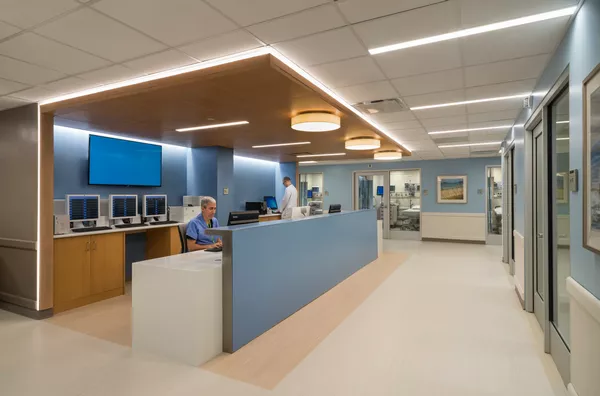Digitization has encountered various hurdles in multiple industries, but perhaps nowhere are the challenges more pronounced than in healthcare, where the lack of digitization can lead to significant frustrations. The timely and accurate delivery of care, with potential life-or-death consequences, underscores the urgency for innovation.
Despite advancements, many healthcare access control systems still rely on outdated methods such as plastic cards or traditional usernames and passwords. Embracing biometrics, however, offers a transformative solution, significantly enhancing speed and precision for healthcare providers, ultimately improving patient outcomes and even saving lives.
Several crucial healthcare challenges, including those introduced by the Health Insurance Portability and Accountability Act (HIPAA), remain unaddressed. The act aimed to make medical records portable and ensure positive patient identification, combating the persistent and costly issue of patient misidentification.
Fortunately, the solution lies in the readily available technology of biometrics. The use of unique biometric traits streamlines the identity verification process, providing speed, accuracy, and enhanced security, as these traits cannot be forgotten, stolen, or shared.
Data privacy and security, crucial in healthcare, find support in biometric scanners that seamlessly integrate with existing workspaces, meeting HIPAA standards for securing access to patient data. Implementing biometrics not only satisfies HIPAA’s technical safeguard requirement but also guards against unauthorized access, preventing potential disastrous data breaches.
Controlled substance management, often burdened by inefficiencies and frustrations, sees improvement through biometric identity tokens, eliminating friction points in medication dispensing. Biometric solutions also facilitate compliance with Electronic Prescriptions for Controlled Substances (EPCS), enabling remote patient care with verified practitioner and patient identities.
Secure sign-on for staff, achieved through single sign-on (SSO) access, gains enhanced security with biometrics, saving valuable time compared to traditional methods. The U.S. Department of Veterans Affairs recognizes the potential benefits, planning a pilot to replace PIV cards with biometrics.
Biometrics further proves valuable in patient identification and fraud prevention. The technology ensures positive patient identification with higher certainty than traditional credentials, addressing challenges such as medical insurance fraud. Automated patient check-ins, powered by advanced biometric technology, enhance presentation attack detection and liveness detection, reducing the risk of fraud in unattended use cases.
Visitor management becomes more secure and efficient with automated biometric patient and visitor self-service check-in kiosks, optimizing workflow in healthcare facilities.
Biometrics providers offer diverse technologies, each suited to specific healthcare applications. Facial recognition, fingerprint biometrics, and other modalities provide advantages in performance, security, cost, and ease of use. Embracing biometric authentication promises not only enhanced security but also improved auditability and accountability, benefitting healthcare facilities, staff, and the patients they serve.
Healthcare organizations are encouraged to explore biometrics today to unlock applications that can revolutionize their operations.


